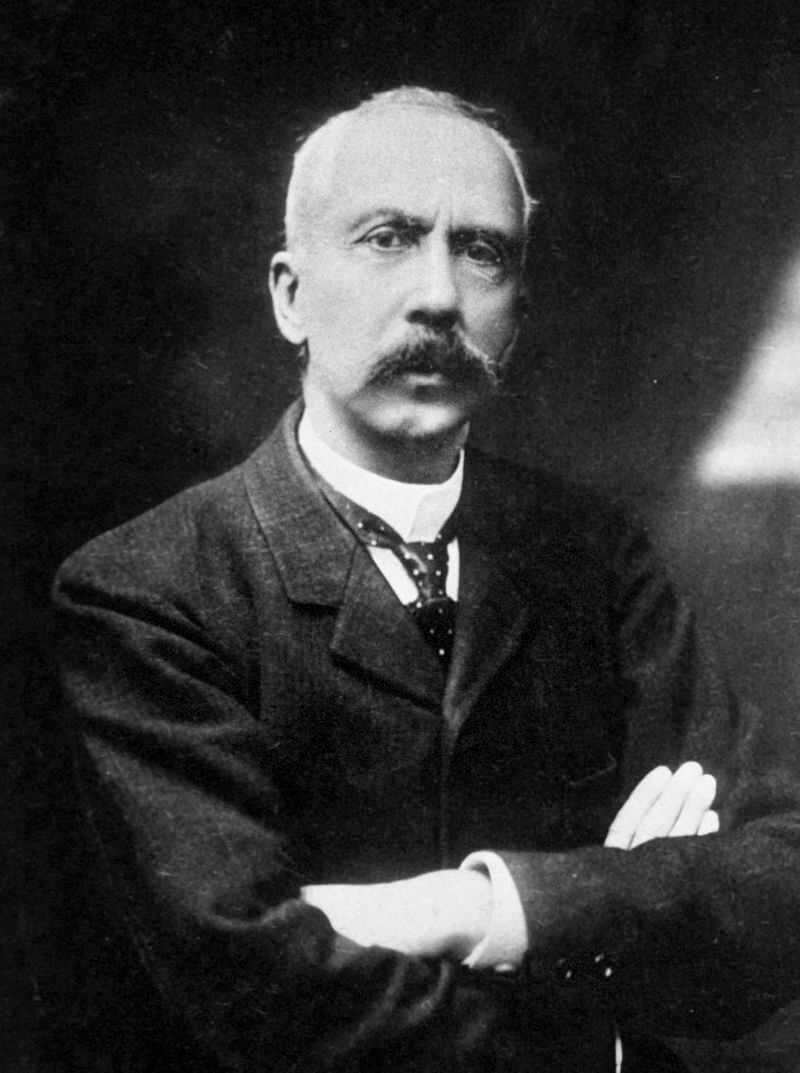Who was Charles Robert Richet? Information on Charles Robert Richet biography, life story, works, contributions and writings.

Source : wikipedi.org
Charles Robert Richet
Charles Robert Richet (August 26, 1850 – December 4, 1935) was a French physiologist and Nobel laureate who made significant contributions to the fields of physiology and immunology.
Richet was born in Paris and studied medicine at the University of Paris, where he earned his medical degree in 1878. After completing his medical training, he began working as a researcher at the Pasteur Institute, where he focused on studying the immune system and the body’s response to infection.
In the late 1870s, Richet made a significant discovery when he showed that some animals, such as dogs, can develop immunity to certain toxins after being exposed to them. This concept, known as anaphylaxis, was later expanded upon by other researchers and is now an important part of our understanding of the immune system.
In 1913, Richet was awarded the Nobel Prize in Physiology or Medicine in recognition of his contributions to the field of immunology. He continued to work as a researcher and academic until his death in 1935.
In addition to his scientific work, Richet was also a prolific writer and published several books on topics such as psychology, philosophy, and paranormal phenomena. He was a member of the French Academy of Sciences and served as its president from 1922 to 1923.
Works
Charles Robert Richet made significant contributions to the fields of physiology and immunology through his research on the immune system and the body’s response to infection.
One of Richet’s most important contributions to science was his discovery of the concept of anaphylaxis, which refers to the ability of some animals to develop immunity to certain toxins after being exposed to them. This discovery helped to shed light on the complex mechanisms of the immune system and laid the foundation for our current understanding of how the body protects itself against infection and disease.
In addition to his work on anaphylaxis, Richet made other important contributions to the field of immunology. He was the first to describe the phenomenon of allergic reactions, and he developed a method for measuring the strength of anaphylactic reactions in animals.
Richet’s work on the immune system and allergic reactions had a significant impact on the field of medicine and helped to pave the way for the development of new treatments for a variety of immune-related conditions. He was awarded the Nobel Prize in Physiology or Medicine in 1913 in recognition of his contributions to the field.
Bio 2
Charles Robert Richet; (1850-1935), French physiologist, who founded the study of allergic disorders. He was awarded the 1913 Nobel Prize in physiology or medicine in recognition of his work on anaphylaxis; a severe allergic reaction.
Born in Paris, on Aug. 26, 1850, Richet received a degree in medicine from the University of Paris in 1877 and was professor of physiology there from 1887 to 1927. Richet worked as a scientist in several fields outside the usual confines of physiology, wrote novels and plays, was an active pacifist, and toward the end of his life developed an interest in parapsychology. He died in Paris on Dec. 4, 1935.
Charles Robert Richet arrived at the concept of anaphylaxis during experiments to determine the toxic dose of poison extracted from the tentacles of the sea anemone. Hé found that dogs that recovered from an initial dose of the toxin were so sensitized that they reacted with extreme symptoms to even a tiny second dose. Further investigation of the phenomenon, which Charles Robert Richet called anaphylaxis, showed that it had characteristic symptoms of its own, which are not related to the symptoms produced by the initial injection of toxin.